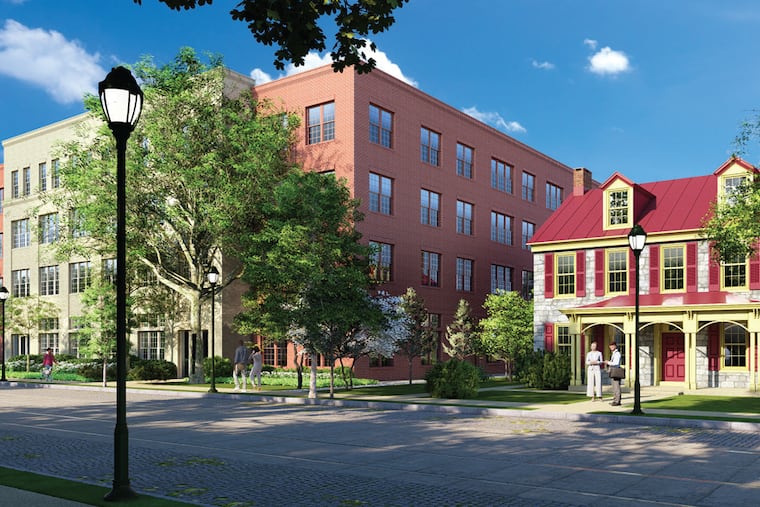Cherry Hill expands preschool classrooms amid high demand, with hundreds of children currently on the waiting list.
In Cherry Hill, New Jersey, preschool education is undergoing a significant transformation thanks to the initiatives spearheaded by the state government and the local school district. At the Estelle V. Malberg Early Childhood Center, preschoolers engage in a daily hour of choice time, where they select activities ranging from reading to interactive play with water and sand. This approach to learning, seasoned with engagement through play, occurs within a vibrant classroom setting designed to spark curiosity and foster creativity.
The curriculum, as explained by Cherry Hill’s Assistant Superintendent Farrah Mahan, is crafted to offer a high-quality preschool program that emphasizes the importance of structured learning rather than merely providing daycare services. This pedagogical model is consistent across all preschool classrooms within Cherry Hill, highlighting a commitment to developmental growth through immersive and playful educational experiences.
Governor Phil Murphy’s administration has placed a focus on universal free preschool within public school systems across New Jersey, encouraging school districts like Cherry Hill to expand their programs. The district received an initial allocation of .4 million in preschool expansion funds in 2023, aimed at developing classroom space for the estimated 1,700 eligible preschoolers. As part of this initiative, Cherry Hill aims to create 116 classrooms by the 2027-28 school year, with ongoing construction and expansion at local schools and collaborations with private providers.
For the 2023-24 academic year, Cherry Hill’s preschool program is budgeted at .6 million, with state funding constituting .4 million. Although the program has garnered support, some residents have raised concerns regarding the allocation of funds amidst recent budget challenges, questioning whether these resources should be diverted to other essential educational services.
Despite these objections, many community members advocate for the benefits of early childhood education. Experts, including Zeynep Isik-Ercan, chair of Early Childhood Education at Rowan University, argue that investing in preschool positively affects families and the education system as a whole. The state’s funding framework helps alleviate financial burdens on districts, enabling them to concentrate on transportation and instructional costs while partnering with established childcare providers.
The demand for preschool slots is high, with a lottery system in place to manage enrollments. This year, approximately 580 families applied, and 250 students are currently on a waiting list, reflecting the community’s recognition of the program’s significance. Early childhood education is crucial for promoting literacy and providing necessary interventions, such as speech and occupational therapy.
As part of the ongoing developments, Cherry Hill is expanding its preschool offerings through initiatives such as adding eight new classrooms at the Malberg Center and Joyce Kilmer Elementary, set to launch in January 2024. These classrooms will adhere to state guidelines, including a maximum class size of 15 students.
Overall, the Cherry Hill School District exemplifies the growing trend in New Jersey to enhance early childhood education, aiming to prepare well-rounded learners amid increased demand and community enthusiasm. As teaching practices continue to evolve and incorporate essential life skills, local educators express their dedication to nurturing children’s growth and development during these formative years.







